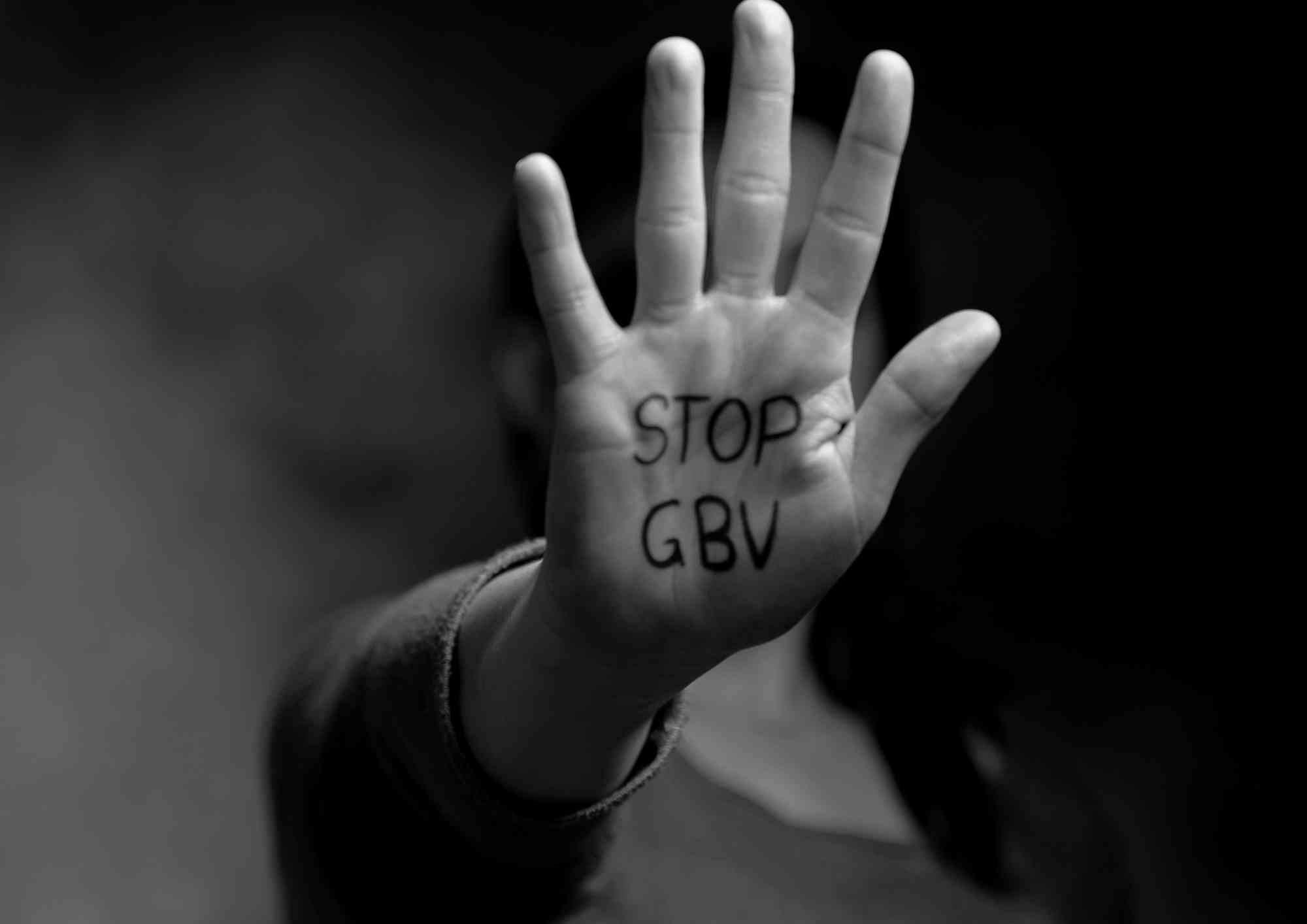
WOMEN and Law in Southern Africa (WLSA) has said gender-based violence (GBV) continues to cast a dark shadow over communities.
WLSA director Isheanesu Chirisa said women remained exposed to all forms of GBV because of lack of empowerment.
“When women are denied access to education, economic independence, leadership roles and justice, they are also denied safety and dignity,” Chirisa told NewsDay on the sidelines of a stakeholder meeting on GBV.
“We must invest in women’s voices, strengthen legal protection and dismantle cultural and systemic barriers that continue to limit their freedom, opportunities and dignity.”
In Zimbabwe, GBV is a significant concern, with a substantial number of women experiencing physical and sexual violence.
Approximately 39,4% of women have been subjected to physical violence and an estimated 11,6% have endured sexual violence.
Although there has been a decline in child marriages, 16,2% of women married before the age of 18 as of 2022.
Women’s rights groups have been calling for more effective enforcement of GBV legislation and the establishment of legal frameworks that categorically criminalise GBV.
- Mavhunga puts DeMbare into Chibuku quarterfinals
- Bulls to charge into Zimbabwe gold stocks
- Ndiraya concerned as goals dry up
- Letters: How solar power is transforming African farms
Keep Reading
“We must invest in women’s voices, strengthen legal protections and break down the cultural and systemic barriers that keep women vulnerable,” Chirisa said.
“The absence of empowerment is not just a missed opportunity, it is a silent accomplice to violence.”
In a statement, the Women Affairs, Community, Small and Medium Enterprises Development ministry said GBV was a serious impediment to the achievement of gender equality.
“A lack of economic empowerment for women has resulted in withdrawal of cases especially when the accused is the breadwinner,” the ministry said.
Zimbabwe is a party to several global and regional legal instruments that promote gender equality and combat GBV.










